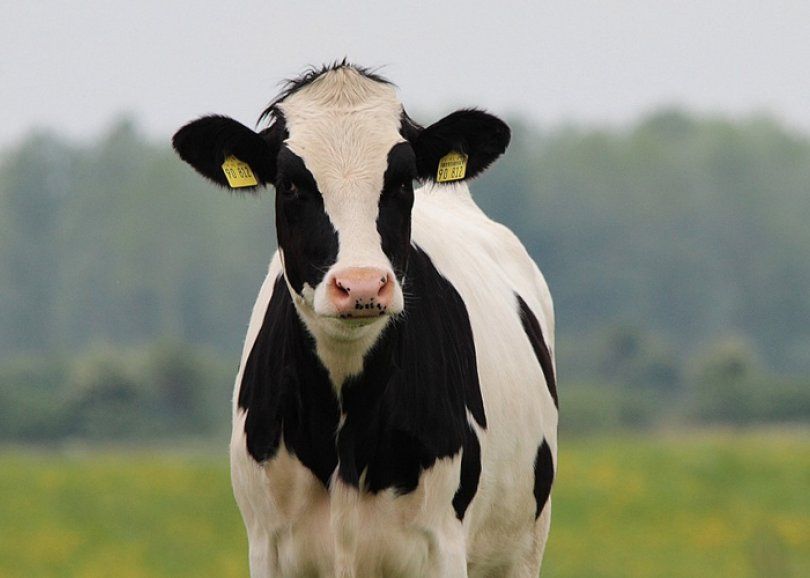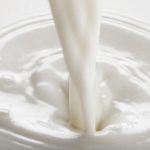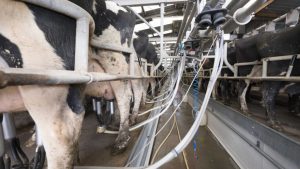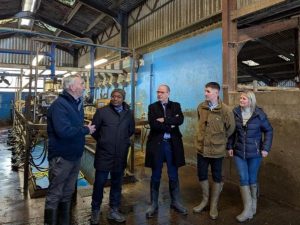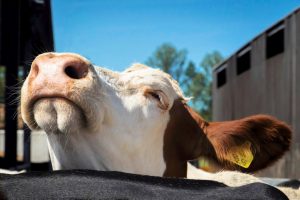
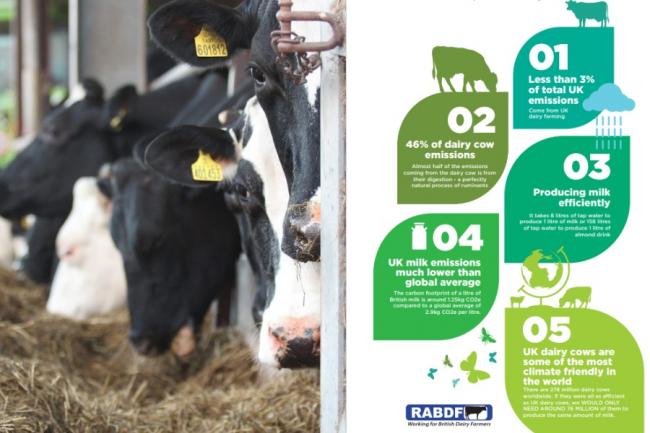
Ahead of COP26 in Glasgow, the Royal Association of British Dairy Farmers (RABDF) has pulled together some key information to dispel many of the current myths and help inform everyone of the actual levels of greenhouse gas contributions coming from the dairy industry.
RABDF has called on individuals, industry stakeholders, businesses, and organisations to push these messages within the industry and the wider public before, during, and after COP26 – which takes place between October 31 and November 12.
Managing director, Matt Knight, said: “It is vitally important we come together as an industry and highlight what the UK dairy’s contribution is to greenhouse gas emissions. As an industry, we are working so hard to reduce the levels, but often this is pushed back in our face when inaccurate facts are published.
And finally, RABDF stated that UK dairy cows are some of the most climate friendly in the world. There are 278 million dairy cows worldwide – but if they were all as efficient as UK dairy cows, there would only need to be around 76 million of them to produce the same amount of milk.
Mr Knight continued: “If everyone can share just one fact on social media, in their company newsletter, to a friend or in a conversation, for example, then that is at least one extra person that is better informed about emissions from the dairy industry.
“We want to make it as easy as possible for people to spread the good work of the dairy industry and reinforce the fact dairy products aren’t only good for human health, they are also good for the planet too.”
“The dairy sector, along with other areas of agriculture, is often used as a scapegoat when it comes to emissions, with ‘belching’ cows regularly hitting the headlines in the national press,” said Mr Knight.
“We anticipate UK agriculture will come under the spotlight at COP26, so we must be ready to make our story known and shout about the good work we are doing to reduce emissions from what is already quite a low level.”
The organisation is stressing that less than 3% of total UK emissions come from UK dairy farming and that 46% of dairy cow emissions are a result of digestion – a natural process of ruminants.
Focussing on alternative milk options, RABDF has pointed out that it takes eight litres of tap water to produce 1 litre of milk compared with 158 litres of tap water to produce 1 litre of almond drink.
Comparing the UK’s dairy industry emissions with countries worldwide, the carbon footprint of a litre of British milk is around 1.25kg CO2e compared to a global average of 2.9kg CO2e per litre.
